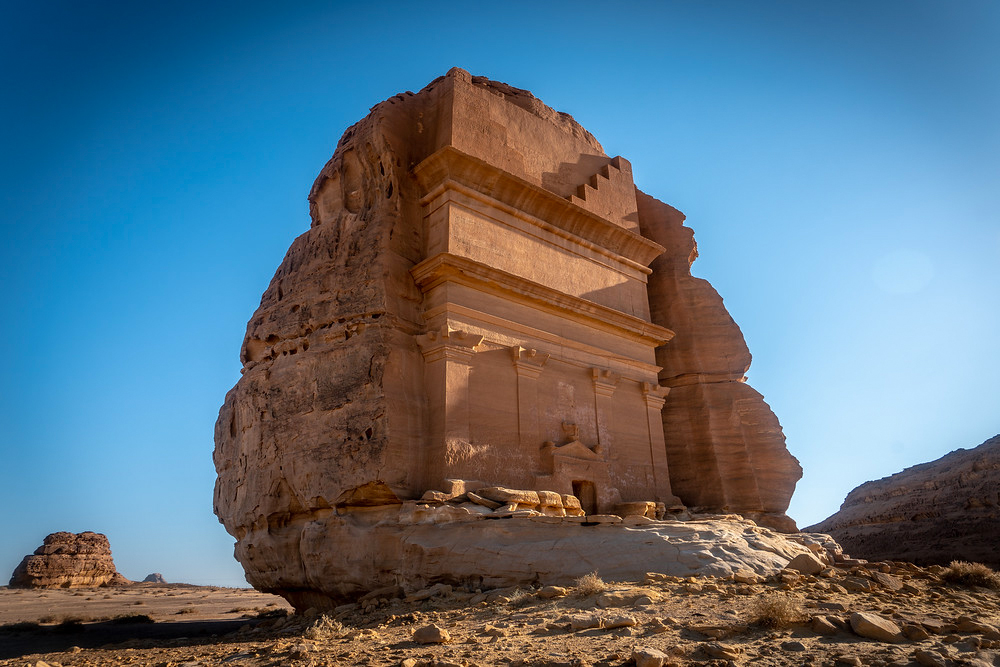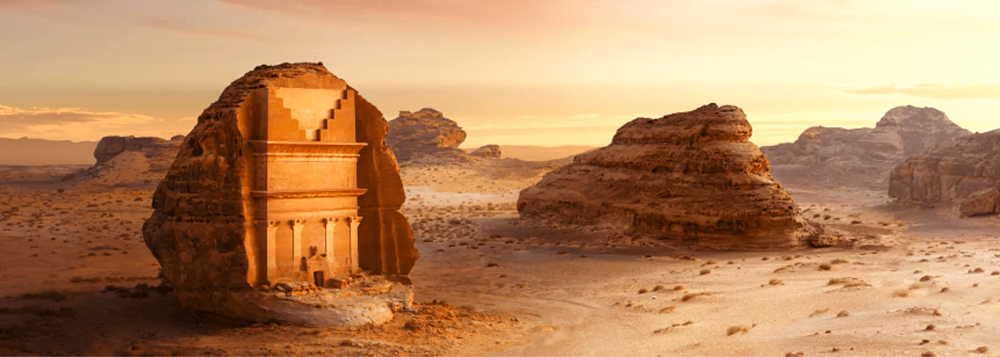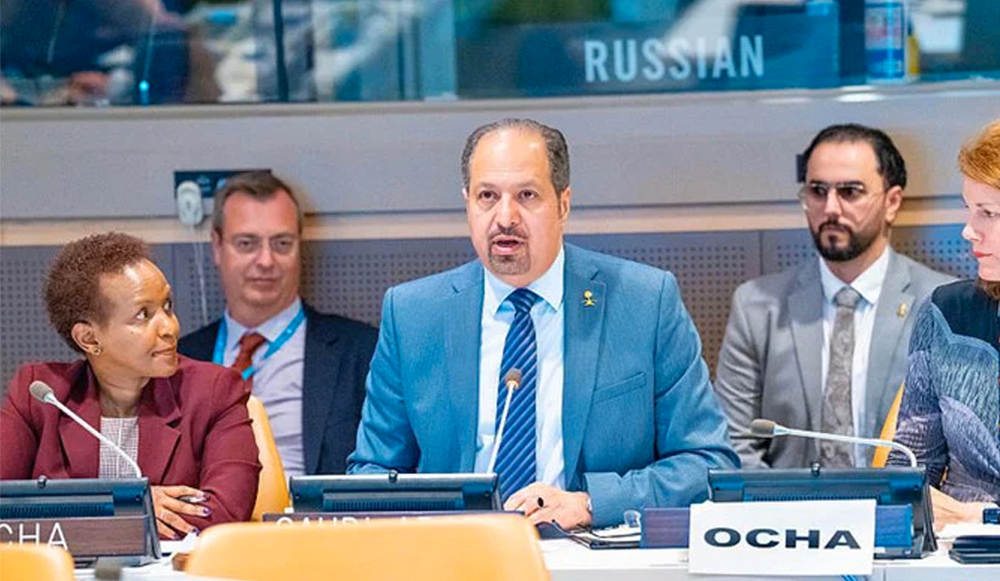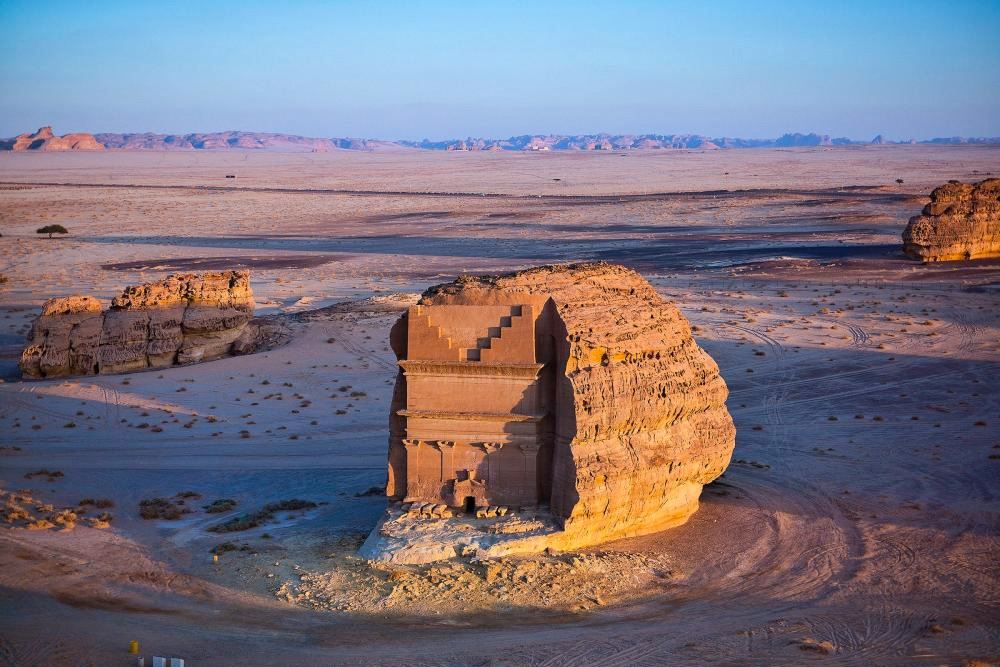
The UN Educational, Scientific and Cultural Organization and the Royal Commission for AlUla have announced the beginning of an international fellowship program in the field of preserving artefacts.
The international fellowship program offers the chance to research and learn about the cultures that once existed in the northwest of the Arabian Peninsula.

The program is a four-month workshop at AlUla that was developed in collaboration with archaeologists and heritage specialists from the RCU's Kingdoms Institute. The relationship between the RCU and UNESCO for the transfer of science and technology is anticipated to grow as a result.
The curriculum, which covers the study of artefacts and the preservation of archaeological monuments and significant places of interest, will provide training for field and administrative jobs.

“The international fellowship program will enhance knowledge transfer between international experts and trainees in a variety of specialized fields,” according to Jose Ignacio Gallego, the RCU’s archaeology and heritage research executive director.

“The fellowship aims to support the heritage of AlUla and establish it as a center of knowledge in the field of antiquities protection, and enhances the Kingdoms Institute’s position as a leading entity that implements innovative solutions and ideas in the field of heritage research, preservation and to publicize.”

The RCU governorate is responsible for the Kingdoms Institute located in the Dadan Oasis. One of the most notable structures carved into the mountains across from the archaeological site is a representation of the Dadanian civilization, which served as inspiration for the city's planning. The institution conducts a variety of fundamental archaeological programs and research, with a focus on safeguarding prehistoric rock art, inscriptions, languages, agriculture, sustainability, communication, and records and sites. The Kingdoms Institute specializes in the examination and analysis of artefacts as well as the application of global standards for cultural protection and archaeological digs.

















